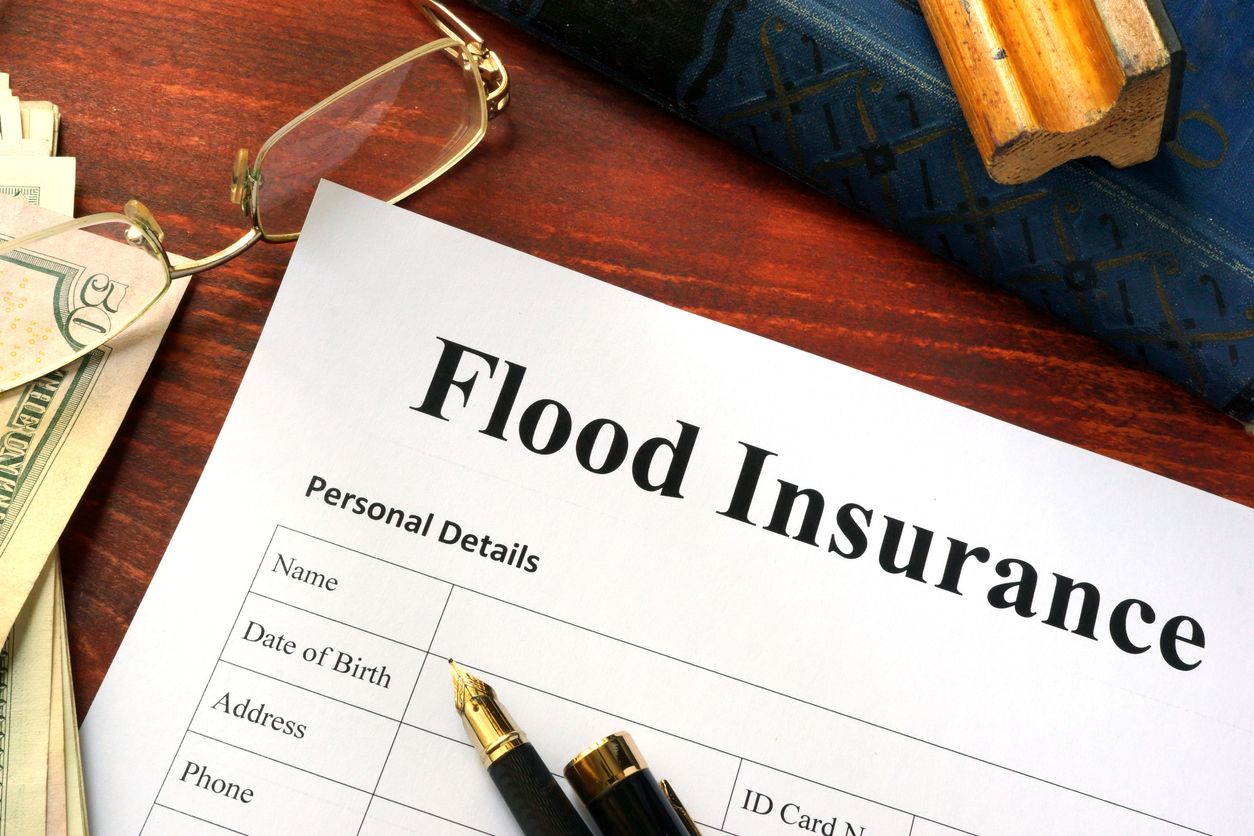
The experts at the non-profit organization First Street Foundation, specialize in predicting and understanding flood risk damage. Their most recent study determined that approximately 729,999 United States commercial and multiple-unit residential facilities may suffer from flooding in 2022, costing up to 13.5 billion in repairs and losses.
Is your operation ready to rebound from extreme water damage? Could you afford to pay thousands of dollars out of pocket to fix any issues? As a proprietor concerned with your company’s welfare, take the time now to consider your need for flood insurance. The policy makes a significant difference in your ability to get the doors back open in a timely and cost-effective manner.
Why Is Flooding Not Part of Your Traditional Property Policy?
A commercial property insurance plan assists owners with damage from water situations such as leaky pipes or water from excess rain. With this coverage, you may seek aid for dampness coming from above. Saturation occurring from land, however, isn’t part of the deal. That means if you have a sewage backup, excessive rain or snow, flash floods or overflow from nearby waterways, you’re general policy is unlikely to help. Instead, you, as the owner, must foot the extensive remediation and repair bill.
What Does Flood Insurance Cover for a Business?
A flood poses numerous hazards, such as exposure to outdoor organisms and lingering moisture. With a flood policy, you can contact experts to test the facility and swiftly remove the excess water to avoid additional complications such as mold and mildew growth.
Furthermore, flood insurance assists with structural assessment and restoration, including drying out the building, cleaning, and replacing defective materials. In addition, crews evaluate your current contents, determining what may stay or go. Under your coverage, you may request compensation for anything lost or seek costs to salvage pertinent valuables.
Is Flood Insurance Really Necessary?
Some businesses must purchase the policy. For instance, if your facility resides within a flood zone, a mortgage lender usually requires it as a security policy, especially if you quality under a federally-regulated program. The institution wants to protect the asset and their financial agreement.
If you do not fall into this category, you may choose whether or not to acquire it. While many organizations may choose to forfeit this add-on because it’s not mandatory, consider that floods do not restrict themselves to the coastal regions. They can happen anywhere, depending on weather and circumstances.
Should you add flood insurance to your to-do list? As a business owner, yes, prioritize it now. You cannot predict the future, but you can prepare for it. Reach out to your agent to discuss your risks and determine what policy would work best for your company. Avoid getting stuck with the costs of significant water damage by having the proper coverage.
About Provident Protection Plus
At Provident Protection Plus, we have served the businesses and residents of New Jersey, New York, and Pennsylvania for more than 60 years. We are a wholly-owned subsidiary of Provident Bank, the region’s premier banking institution, and we are prepared to offer you personal, business, employee benefits, and risk management solutions. To learn more about our coverage options, contact our specialists today at (888) 990-0526.



